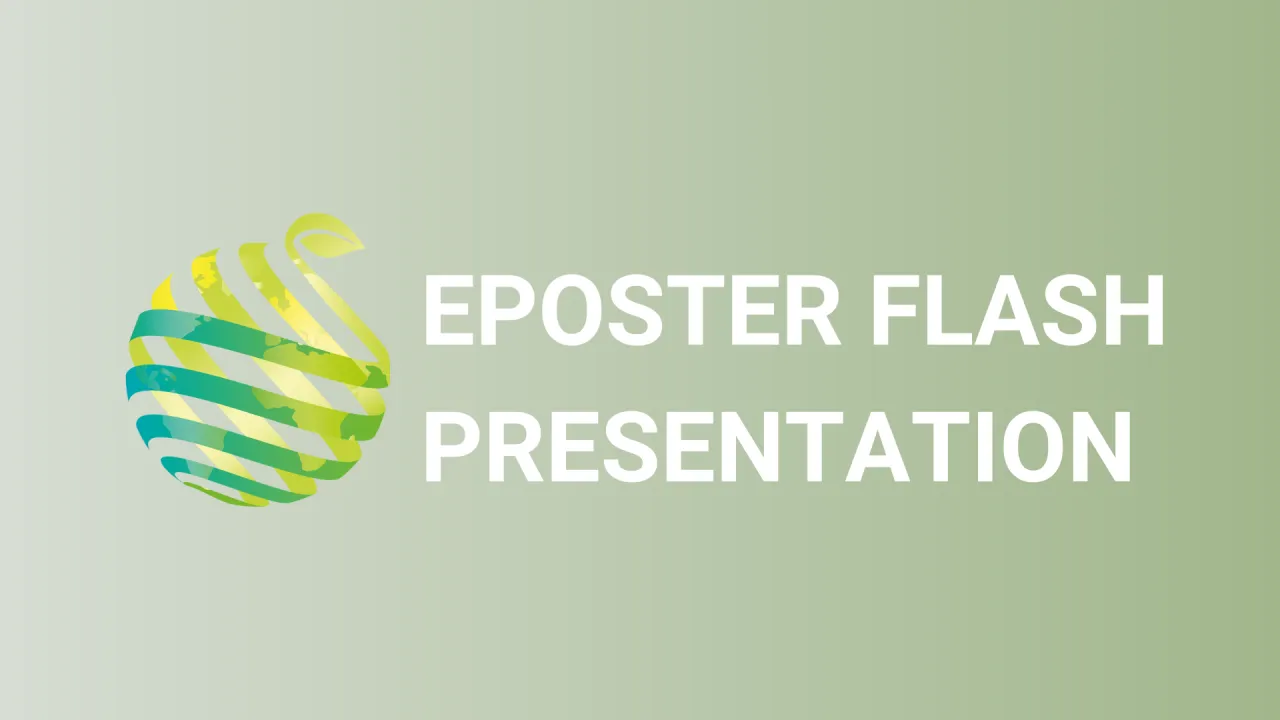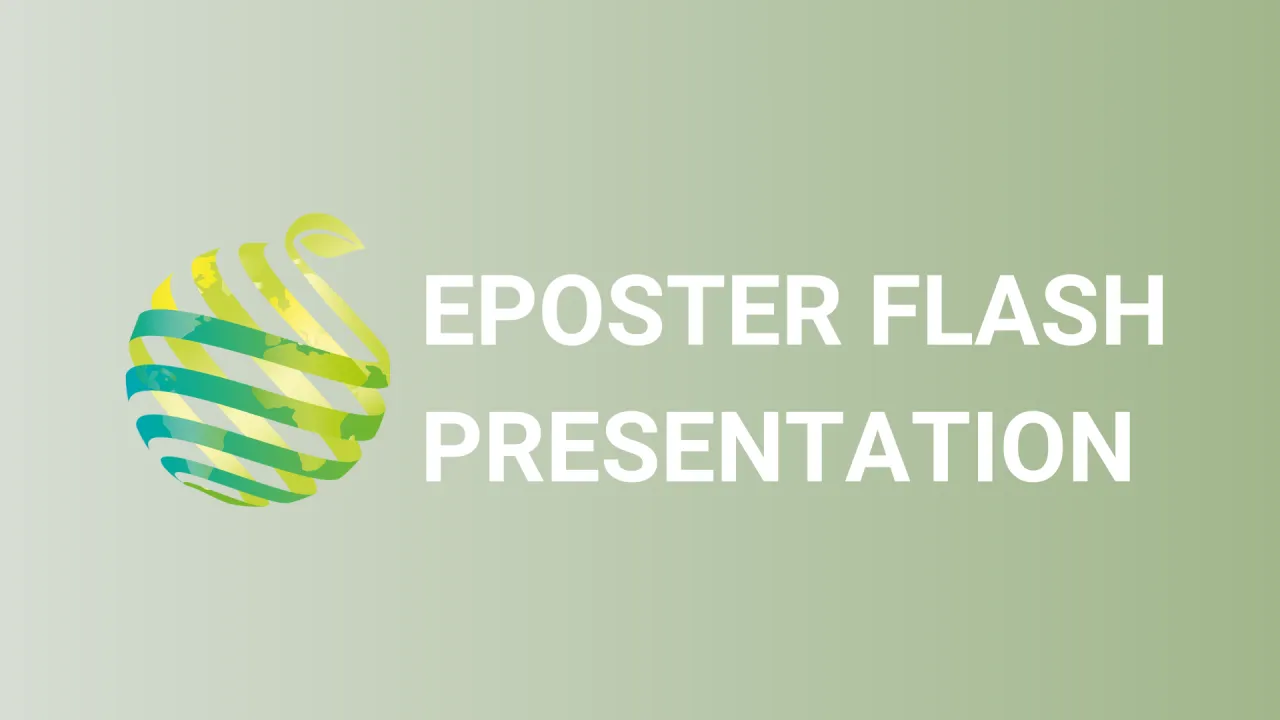

S06 - Session P2 - First observation on tomato crop in a soilless innovative cultivation system in south of Italy
Information
Authors: Giovanni Gugliuzza *, Antonio Giovino, Giuseppe Pachino
In the south of Italy in Sicily is allocated the second European area (9,000 Ha) for greenhouse horticultural productions. Tomato is the first crop that was grown in greenhouse. Its cultivation is characterized by soil cultivation or soilless cultivation utilizing various types of substrates. Other methods that do not require a substrate, including aeroponic, nutrient film technique (NFT) and floating are not quite widespread nowadays. Therefore, this study aims to evaluate tomato plant performances in an innovative cultivation system based on aeroponic and NFT techniques. Inside a greenhouse, in an area of 1,000 sqm, a new production model called "agriponic" that combines aeroponic and NFT technique was developed for tomato cherry production. Closed polystyrene channels (40 X 40 cm) were allocated at a distance of 1.6 m. On the upper part, at a distance of 28 cm, holes were realized for plant allocation to achieve a planting density of 1,5 plants per square metre. Tomato roots were partially suspended and sprayed with a nutrient-rich, highly aerated fertigation solution and partially laid on the base of the channel where a thin film of leaching solution passed through. Then, leaching solution was collected in a tank for reuse (closed-loop). Greenhouse air temperature and humidity, air temperature inside channels and irrigation water temperature were registered; and water and nutrients inputs were monitored. First observations were conducted on plant growth, phenology, photosynthetic activity. Agriponic system increased plant growth especially in terms of roots biomass this behaviour was confirmed by higher photosynthetic values. Moreover, an advance in flowering has been observed. First observation on Agriponic systems evidenced good tomato plants performance and low input request allowing higher environmental sustainability. Further studies are underway on the quantitative and qualitative aspects of production, socio-economic sustainability and Life Cycle Assessment of the model to allow a holistic validation.